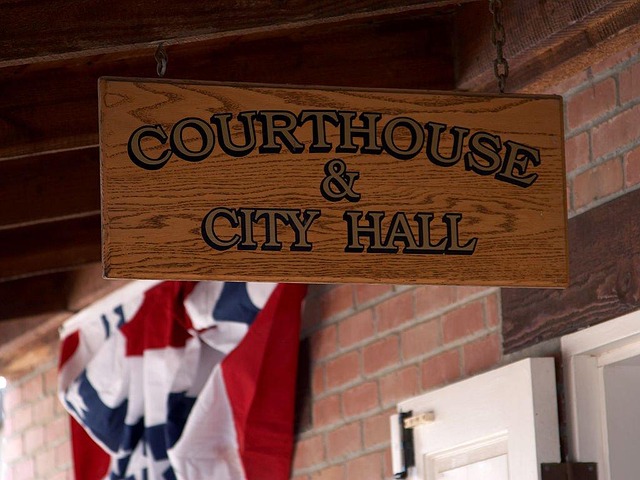Healthcare providers face significant legal challenges globally, particularly in navigating diverse regulations and borders. While focus often centers on patient data privacy and drug development, Legal Implications of Securities Compliance Failures (LISCF) pose critical risks. Publicly traded healthcare organizations must adhere to stringent financial disclosure regulations. Non-compliance with securities laws carries severe consequences, including fines and criminal charges for white-collar crimes. To mitigate LISCF, institutions should implement robust internal controls, regular compliance training, meticulous record-keeping, and secure data management systems, fostering transparency and avoiding high-cost settlements or regulatory actions.
In today’s complex healthcare landscape, understanding the intricate web of legal frameworks is paramount. This article delves into the critical aspects of healthcare legal issues, focusing on securities compliance and its profound implications. We explore how non-compliance can lead to severe consequences, as evidenced by high-profile failures. By examining real-world case studies, we uncover strategies to navigate regulatory complexities, ensuring organizations mitigate legal risks effectively. Discover essential insights into the legal implications of securities compliance failures and their impact on healthcare institutions.
- Understanding Healthcare Legal Frameworks and Their Complexities
- The Impact of Non-Compliance with Securities Regulations
- Case Studies: High-Profile Failures and Their Consequences
- Strategies for Mitigating Legal Risks in Healthcare Securities Compliance
Understanding Healthcare Legal Frameworks and Their Complexities

Healthcare operates within a complex web of legal frameworks that vary significantly from one jurisdiction to another. Understanding these regulations is paramount for healthcare providers, as non-compliance can lead to severe legal implications, including substantial fines and reputational damage. These laws encompass a wide range of issues, from patient consent and data privacy to drug development, marketing, and pricing. One critical area often overlooked is the legal implications of securities compliance failures. Healthcare organizations, especially those publicly traded, must adhere to strict regulations regarding financial disclosures, ensuring transparency in all stages of the investigative and enforcement process.
The intricate nature of healthcare law poses challenges for providers, particularly when navigating international borders. What may be considered acceptable practice in one country could be illegal in another. Moreover, the evolving landscape demands constant vigilance to stay abreast of regulatory changes, especially with the increasing influence of digital technologies. The white collar defense strategy becomes essential here, focusing on proactive compliance measures and robust internal controls to mitigate risks, including those associated with fundraising activities within the philanthropic and political communities.
The Impact of Non-Compliance with Securities Regulations

The non-compliance with securities regulations can have severe legal implications for healthcare organizations. These regulations are designed to protect investors, ensure fair practices, and maintain transparency in financial transactions. When a respective business fails to adhere to these rules, it opens itself up to a range of consequences. Violations may lead to civil penalties, including monetary fines and restitution, which can significantly impact the financial stability of the organization. Moreover, non-compliance might result in criminal charges, particularly for white-collar and economic crimes, potentially leading to lengthy legal battles and damage to the institution’s reputation.
Avoiding indictment is a primary concern for any business, especially in sectors like healthcare where regulatory oversight is stringent. Strict adherence to securities laws not only helps in steering clear of legal troubles but also instills public trust. Organizations must implement robust internal controls, conduct regular compliance training, and maintain meticulous records to ensure they meet all the necessary requirements. By doing so, they can mitigate risks and demonstrate their commitment to ethical practices, thereby fostering a culture of transparency and accountability.
Case Studies: High-Profile Failures and Their Consequences

In the realm of healthcare, high-profile failures can have severe consequences, often revealing critical legal implications and prompting a closer look at securities compliance. Case studies of notable instances, such as data breaches or mismanaged clinical trials, offer valuable lessons for navigating complex legal landscapes. For his clients, these real-world scenarios serve as powerful reminders of the importance of stringent security measures and ethical practices to mitigate risks and avoid catastrophic outcomes.
The repercussions of high-stakes cases can be far-reaching, impacting not only institutional reputations but also leading to substantial financial settlements and regulatory actions. Achieving extraordinary results in such situations necessitates proactive legal strategies focused on compliance, transparency, and swift corrective actions. By studying these failures, healthcare organizations can fortify their defenses, ensuring they meet the stringent legal requirements of securities compliance, ultimately safeguarding patient interests and fostering public trust.
Strategies for Mitigating Legal Risks in Healthcare Securities Compliance

Healthcare organizations must implement robust strategies to mitigate legal risks associated with securities compliance failures, which can have severe legal implications. These failures often stem from misunderstandings or non-adherence to regulatory requirements designed to protect patients and investors. A comprehensive approach involves regular training for staff, especially those in leadership positions, to ensure they grasp the intricacies of securities laws and their applicability to healthcare. This includes staying updated on industry-specific regulations, as violations can lead to significant fines, damage to reputation, and even criminal charges.
Proactive measures such as conducting thorough internal audits at regular intervals can help identify potential gaps in compliance. By addressing these issues early, healthcare providers can avoid costly penalties and legal entanglements that may arise during all stages of the investigative and enforcement process. Additionally, establishing clear protocols for document retention and implementing secure data management systems are essential to demonstrate due diligence and facilitate efficient investigations by general criminal defense attorneys should any non-compliance be discovered.
Healthcare organizations must navigate a complex web of legal frameworks to ensure compliance with securities regulations. Non-compliance can have severe consequences, as highlighted by high-profile cases. Understanding these legal implications and implementing robust strategies to mitigate risks are essential steps towards safeguarding patient data and maintaining public trust. By learning from past failures, healthcare providers can revolutionize their approach to security, ensuring a safer digital landscape.






